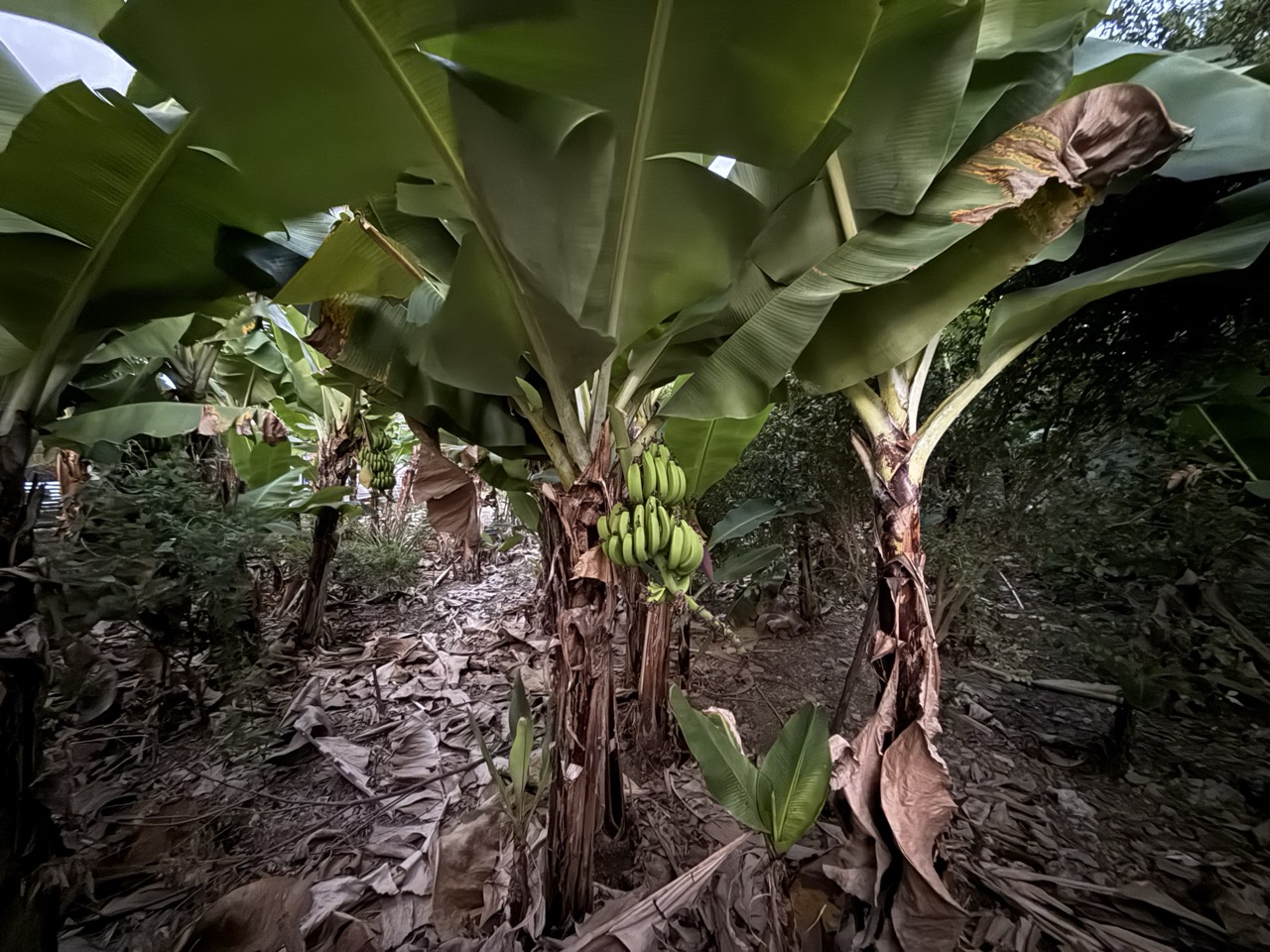Beyond the “Honeymoon”: Missiology for Real-World Missions
The call to missions often ignites a passionate fire in the hearts of many, especially young believers. Reading biographies of missionaries used by God in the past and visions of dramatic conversions and lives transformed can fill the imagination, fueled by stories of past heroes and a desire to make a real impact for the glory of God. However, the “honeymoon phase” of missions can quickly give way to the stark realities of cross-cultural ministry, where the challenges of navigating diverse cultural, cognitive and educational contexts become apparent. Missiology, the theological study of missions, plays a crucial role in preparing and equipping those who seek to engage in this complex and vital calling.
The Complexity of Cognitive Diversity
It’s crucial to acknowledge that cognitive abilities and learning styles are shaped by a complex interplay of factors, including:
Cultural Practices: Different cultures emphasize different skills and ways of thinking. Some may prioritize practical skills, while others value abstract reasoning.
Educational Systems: Formal education varies widely across the globe. Access to education, quality of instruction, and literacy rates differ significantly.
Worldviews: Cultural beliefs and values influence how people perceive the world, process information, and understand concepts.
Challenges in Cross-Cultural Ministry
These diverse cognitive and educational landscapes present unique challenges for missionaries:
Communication Barriers
Language: Accurate translation is essential, but it’s not enough. Missionaries must also consider the cultural nuances of language, including metaphors, idioms, and storytelling traditions.
Cognitive Styles: A teaching method effective in one culture may be confusing or ineffective in another. Some cultures may respond better to logical arguments, while others prefer narrative or experiential learning.
Literacy: In contexts with low literacy, reliance on written materials is almost impossible. Oral communication, visual aids, and participatory methods become crucial.
Theological Contextualization:
Abstraction: Some theological concepts can be highly abstract for some. Missionaries must find culturally relevant ways to explain these concepts without distorting their meaning in any way.
Worldview Clashes: The Gospel will challenge core cultural beliefs. Be prepared for this, it comes with the territory.
Avoiding Paternalism: Missionaries must avoid imposing their own cognitive styles or educational assumptions. They must recognize the value and validity of other ways of thinking and learning and adpat.
Missiological Considerations
Missiology provides a framework for addressing these challenges:
Cultural Sensitivity: Missiology emphasizes the importance of cultural anthropology in missions. Understanding a culture’s worldview, values, and communication styles is essential for effective ministry. You should know your audience.
Contextualization: Missiology calls for a careful and nuanced approach to contextualization, ensuring that the Gospel is communicated in a way that is understandable and relevant to the target culture. If they don’t understand, you probably aren’t communicating well. I fthey don’t understand you, it is very likely that you don’t understand them as good as you may htink oyu do. Don’t be lazy, work at this if you love them.
Educational Strategies: Missiology encourages the development of culturally appropriate educational strategies.
This may involve:
Orality: Utilizing storytelling, music, and other oral forms of communication.
Visual Aids: Employing visual resources, such as images, videos, and demonstrations.
Participatory Learning: Engaging people in active learning experiences, such as discussions, role-playing, and problem-solving. (The early church practiced participatory worship, the sermon wasn’t a lecture.)
Community-Based Education: Working with local leaders to develop educational programs that meet the specific needs of the community. It will benefit the Gospel and the people in the long term. It is very difficult to disciple people in an iliterate context (I speak from experience), so don’t be afraid to lay those foundations for the benefit of the community and future believers.
Theological Reflection: Missiology calls for ongoing theological reflection on the implications of cognitive and educational diversity for our understanding and presentation of the Gospel.
God’s Sovereignty and the Legacy of the Past
It’s crucial to acknowledge, that God is Sovereign in salvation. He calls His people to Himself, and His power transcends human limitations and resources. The history of missions is filled with examples of great missionaries who, with far fewer resources and no modern technology, accomplished extraordinary things for the kingdom of God.
They relied heavily on:
Faith and Prayer: Their dependence on God’s power and guidance.
Creativity and Resourcefulness: Their ability to adapt and utilize whatever resources were available.
The Power of the Holy Spirit: Their reliance on the Spirit to work in hearts and minds.
Dedication and Perseverance: Their unwavering commitment to the task and faithfulness to God.
A Call to Wisdom and Humility
While acknowledging God’s Sovereignty, we must also recognize our responsibility to be good stewards of the resources and knowledge available to us.
We should:
Approach with Humility: Acknowledge the limitations of our understanding and the value of other ways of knowing.
Seek Wisdom: Utilize insights from missiology, cultural anthropology, and other fields to inform our strategies.
Prioritize the Gospel: Ensure that our methods serve the clear and accurate communication of the Gospel message.
Depend on God: Ultimately, recognize our dependence on God’s power and the work of the Holy Spirit to bring about transformation.
Conclusion
Engaging with diverse cognitive and educational contexts is a vital aspect of effective mission work. Missiology provides the theological and practical framework for navigating these challenges with sensitivity, respect, and a commitment to faithfully communicating the unchanging Gospel in a way that is understandable and transformative for all people. As we seek to follow the example of faithful missionaries who have gone before us, let us embrace both the challenge and the assurance of God’s Sovereignty, trusting in His power to accomplish His purposes among the nations.

